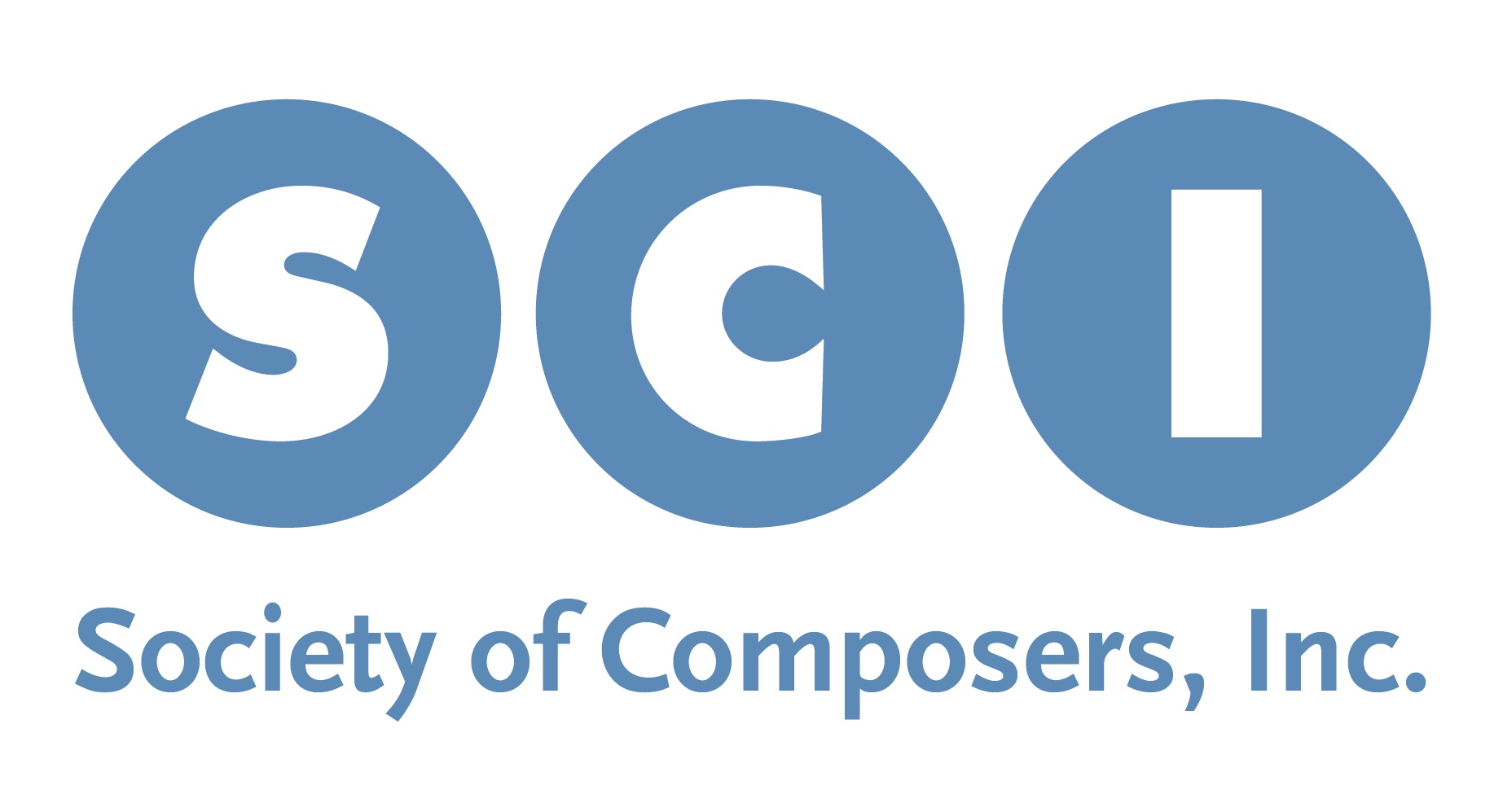SCI, in conjunction with ASCAP, is pleased to announce the 20th annual Student Commission Competition. One first prize will be awarded to an undergraduate or high school student composer and one first prize to a graduate student composer. These commissioned works will be premiered at an SCI Conference and, if qualifying, a recording of the work will be included on the SCI CD Series.
Undergraduate & High School Division
- First Place – $1,000
- Premiere at an SCI conference
- Recording in SCI CD Series (if qualifying)
High school and undergraduate students of any age and nationality are eligible to apply, provided they are enrolled in a composition degree program or are studying privately with a recognized professional composer.
Graduate Division
- First Place – $1,500
- Premiere at an SCI conference
- Recording in SCI CD Series (if qualifying)
- Score published in SCI Journal of Music Scores
Graduate students of any age and nationality are eligible to apply, provided they are enrolled in a college or university graduate composition program or are studying privately with a recognized professional composer at the time of their submission. Composers already holding a D.M., D.M.A., or Ph.D. in music are not eligible to enter the contest.
To Qualify
All entrants must be SCI members (student members or student chapter members) at the time of submission. The student rate is $35 per year. If your institution has an SCI student chapter, then annual dues are $25. Join SCI at www.societyofcomposers.org/join.
This fee is not intended to be an application fee and it is not used to finance contest awards. Rather, it is a membership fee into SCI, Inc. which will afford you performance, publication, and recording opportunities, and a connection to nearly 1500 other composers working in a variety of genres. The benefits go far beyond just access to this particular commissioning contest.
To Apply
- Submit both a score (PDF) and a recording (MP3) of one work for any combination of instruments, voices, and/or electronics. The recording you submit can be of a studio session, a live performance, or a sequenced format. Multiple movement works must be combined into a single file.
- Submissions must be uploaded on New Music Engine: (links below)
Note: You are only permitted to submit to one division.
Receipt Deadline: May 1, 2020
For additional information or questions, contact the contest coordinator, Zae Munn, at sci.ascap@gmail.com.
For more information on Student Chapters, visit this page.
Prize Details
- The first prize winner in each category will be commissioned to write a new composition to be premiered at a future SCI conference. Regardless of the medium or genre submitted by the winners, the subsequent commissions will be for a specified instrumentation to be negotiated with SCI and the conference host.
- Commissioned composers will work closely with the SCI contest coordinator and a mentor/composition teacher of their choice throughout the commission process.
- SCI will endeavor to arrange performances and recordings to the mutual satisfaction of all parties, but reserves to itself final approval of the arrangements. Nevertheless, all rights to the music will remain with the composer.
- All performance materials for the premiere must must adhere to professional standards and be approved by SCI and the performing ensemble.
- The composers may choose to have the recording of their premiere performance included on an SCI CD, if it is deemed acceptable. However, the direct or indirect costs of an acceptable recording for inclusion must be born by the host institution, the composers, or an outside funding source. SCI reserves the right to choose the CD on which the winning works will be produced, either on the regular SCI CD series, or a special issue.
- The score of the first place winner in the graduate division will be published in the SCI Journal of Music Scores, pending approval of the journal editor.
Winners of the 2020 Competition
Theo Chandler (graduate winner), Stephen Karukas (undergraduate winner)
Previous Winners
2019 Sam Wu (graduate winner), Paul Novak (undergraduate winner)
2018 Felipe Tovar-Henao (graduate winner), Matthew Schultheis (undergraduate winner)
2017 Peter Shin (graduate winner), Daniel Bayot (undergraduate winner)
2016 Thomas Kotcheff and Michael Seltenreich (graduate winners), Alex Berko (undergraduate winner)
2015 David Clay Mettens (graduate winner), Jaehyuck Choi (undergraduate winner)
2014 Texu Kim (graduate winner), Eric Fegan (undergraduate winner)
2013 Bin Li and Duncan Schouten
2012 Shen Yiwen and Elizabeth Nonemaker
2011 Eric Guinivan and Elliot Cless
2010 Andres Carrizo and Gilad Cohen
2009 Douglas Pew and Peiying Yuan
2008 Eric Nathan, Clint Needham, José-Luis Hurtado
2007 Jeremy Podgursky, Kryzysztof Wolek, and Ashley Fure
2006 Maxwell Dulaney, Carolyn O’Brien, Erin Gee, and Hermes Camacho
2005 Matt Tommasini, Eric Lindsay, Andrew Norman, and Jay Wadley
2004 Grace Choi, Douglas O’Grady, and Carl Schimmel
2003 Orianna Webb, Jeff Myers, and Dimitri Papageorgiou
2002 Jennifer Walshe, Geof Holbrook, and Mark Volker
2001 Ceiri Torjussen, Moiya Callahan, and Mei-Fang Lin
2000 Lansing McLoskey, Karim Al-Zand, and Ching-chu Hu

Follow Us